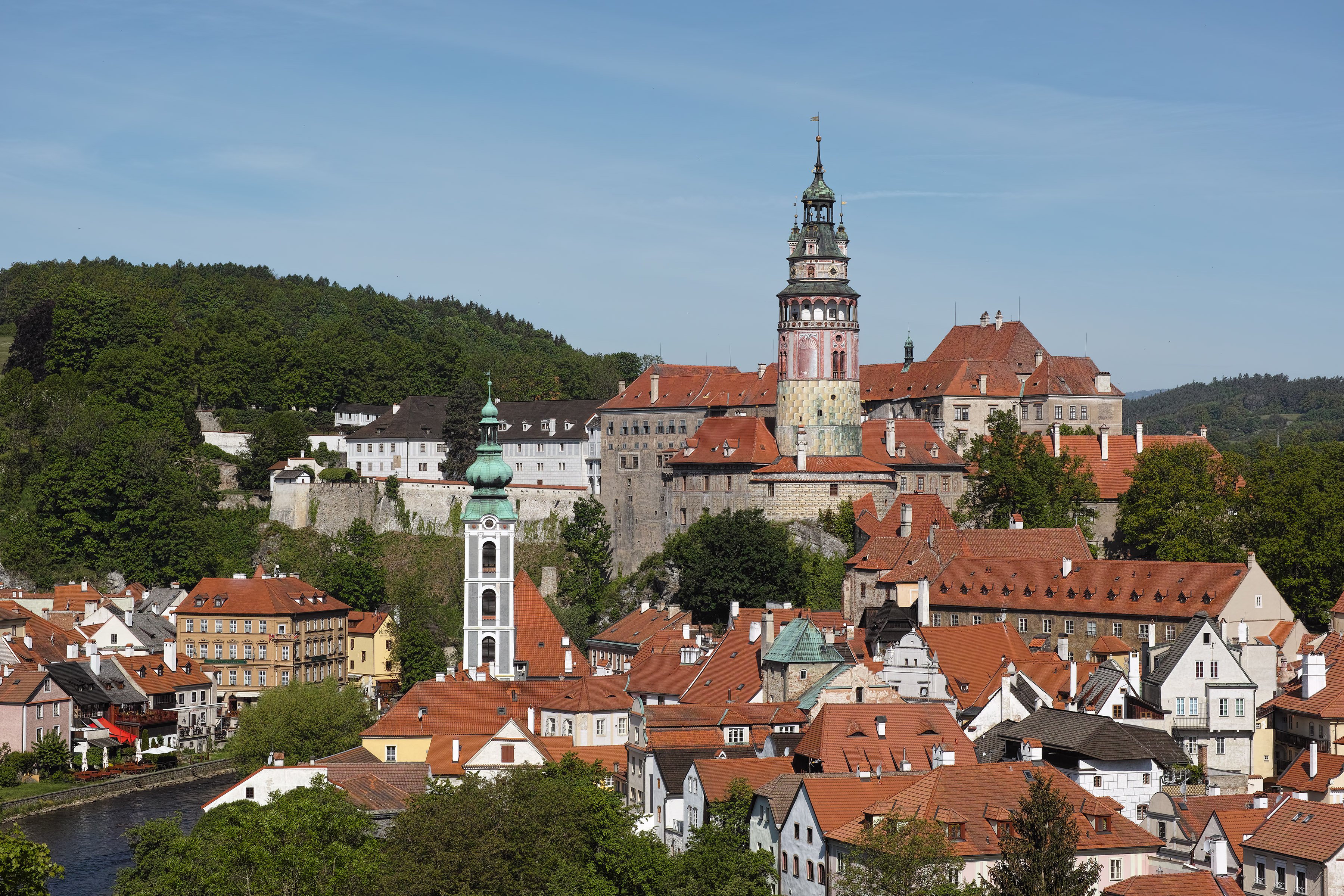🇨🇿map Czech Republic [Residency]

Overview
Czechia (the Czech Republic) sits at the heart of Europe and is part of the European Union and the Schengen Area, which makes regional travel straightforward once you’re inside the zone. Many travelers from the EU/EEA and visa‑exempt countries like the United States, Canada, the UK, Australia, New Zealand, and Japan can enter visa‑free for up to 90 days in any 180‑day period for tourism or business meetings. If you need a visa, the standard short‑stay is the Schengen “C” visa, and anything over 90 days typically requires a national long‑term visa or residence permit. Expect standard Schengen entry rules: a passport valid for at least three months beyond your planned departure, proof of funds and accommodation, and travel insurance covering medical emergencies.
Tourist and Short-term Visas
For short trips, most visitors rely on either visa‑free entry (if eligible) or a Schengen “C” visa, which usually allows stays up to 90 days within a 180‑day window for tourism, family visits, or short business travel. Business travelers coming for meetings or conferences generally use the same short‑stay rules; just carry invitation letters, event registrations, and a clear itinerary. Typical documentation includes a completed application form, passport photos, confirmed accommodation, onward/return travel, proof of funds, and travel medical insurance that meets Schengen standards. Processing times vary by season but often run a couple of weeks, and extensions are rare unless you have exceptional reasons like medical emergencies.
Work Visas and Permits
If you plan to work in Czechia, the most common pathway is the Employee Card, a combined work and residence permit tied to a specific employer and job vacancy listed with the Czech authorities. Highly skilled professionals may qualify for an EU Blue Card, which generally requires a higher education credential and a salary threshold above the national average. Intra‑company transfers have their own permit, useful for multinational moves, while seasonal roles and niche categories have separate routes. Most work routes involve employer sponsorship or at least a firm job offer, and you’ll submit proof of qualifications, contracts, and sometimes professional licensing, depending on your field.
Long-term Residence
For stays over 90 days, Czechia offers long‑term visas and residence permits for work, study, family reunification, and business (self‑employment). After several years of lawful stay—often five—you can explore permanent residence, which opens up stronger work and travel flexibility within the EU and can be a stepping stone to citizenship. Entrepreneurs can apply for business‑purpose stays, typically tied to a trade license or company role, but expect compliance checks on real activity and tax obligations. While Czechia doesn’t market a classic retirement visa, some retirees use the long‑term stay for “other” purposes with strong proof of means, accommodation, and insurance, though approvals are discretionary and documentation‑heavy.
Application Process
Plan to apply from your home country (or legal residence) at a Czech embassy or consulate before you travel for anything longer than 90 days. The process usually runs in steps: secure your purpose (job offer, school admission, or business setup), gather documents (criminal record checks, proof of accommodation, insurance, proof of funds, and qualifications), book a consular appointment, submit biometrics, and wait for a decision. Many documents need to be apostilled or legalized and translated into Czech by a certified translator, so build in buffer time. For interviews, be ready to explain your purpose, how you’ll support yourself, and where you’ll live; processing can take several weeks to a few months depending on the category and workload.
Costs and Fees
Government fees vary by visa and permit type, with short‑stay applications typically modest and long‑term or residence permits higher. Budget for additional costs such as translation, notarization, and legalization of documents, as well as postage or courier services if required. Health insurance is essential: Schengen travel insurance is sufficient for short stays, while long‑term applicants generally need comprehensive coverage accepted by Czech authorities. You may also encounter service fees from outsourced visa centers and, for certain categories, medical certificates or background checks that carry their own charges.
After Arrival
Once you land for a long‑term stay, plan for quick administrative steps. You’ll usually need to register your address with the Foreign Police within a set period (often within three business days, though hotels handle this for short visits). Employee Card and other residence holders may need to visit the Ministry of the Interior to provide biometrics, collect a residence card, and finalize work authorization before starting employment. To settle in smoothly, sort out a local bank account, tax number if required by your employer or business activity, and health insurance arrangements; employers typically help onboard you into the Czech social security and tax systems.
Common Issues and Tips
The biggest pitfalls are incomplete documentation, missing translations, and underestimating processing times—small errors can trigger big delays. Keep your 90/180‑day Schengen count precise; overstays can lead to fines or future refusals. If you’re unsure, a reputable immigration lawyer or relocation consultant can help navigate employer sponsorships, business‑purpose filings, or family cases—especially useful if you’re on a tight project timeline. Policies and appointment backlogs can shift, so always check the latest guidance from the Czech Ministry of the Interior, local embassies, and official visa centers before you start, and build a cushion into your move date.
Liam
Liam is an international business advisor and expatriate consultant originally from Dublin, Ireland,
with over 16 years of experience in European, Middle Eastern, and Asia-Pacific markets. Having worked
for major global consulting firms and managed corporate relocations across the UK, Ireland, UAE, and
Oceania, Liam has extensive experience helping professionals navigate international assignments in
English-speaking markets and key business hubs. His background includes facilitating moves for both
European professionals expanding globally and international talent relocating to the UK, Ireland,
Australia, New Zealand, and the Gulf region.
Published: 2025-07-28